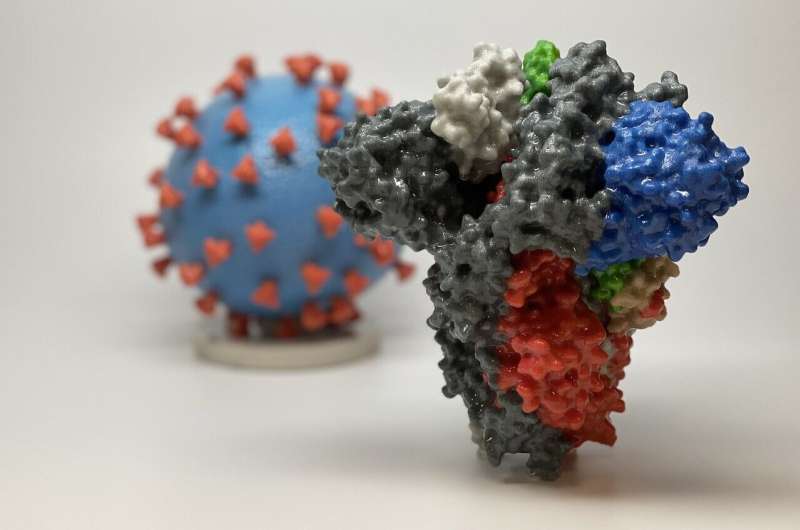Expert group releases COVID-19 research agenda identifying gaps in knowledge


A new research agenda developed by 40 leading experts in healthcare epidemiology and infectious diseases defines the critical areas of study to inform clinical practice, policy, and prevention strategies for COVID-19 and future pandemics. “COVID-19 Research Agenda for Healthcare Epidemiology,” published today in Infection Control & Hospital Epidemiology, the journal of the Society for Healthcare Epidemiology of America, identifies the gaps in the understanding of the epidemiology, transmission, and individual as well as public health consequences of viral diseases that were revealed through some of the worst phases of the COVID-19 pandemic.
“The emergence and rapid world-wide spread of severe acute respiratory syndrome coronavirus 2 (SARS-CoV-2) has led to unprecedented loss of life and socio/economic disruption. The scientific community has risen to this challenge and published an enormous body of work over the past year informing our response to the pandemic and leading to evolving guidelines for treatment, testing, and prevention,” said Lona Mody, MD, an author of the research agenda. “Looking to the future, the community still has much to learn. We must be intentional with our approach to improve how we prevent and treat COVID-19 and other viral illnesses.”
The SHEA Research Committee assembled a working group of experts in the field of healthcare epidemiology to identify immediate research priorities in epidemiology, outbreak investigation, surveillance, isolation precaution practices, personal protective equipment, environmental contamination and disinfection, drug and supply shortages, antimicrobial stewardship, healthcare personnel occupational safety, and return to work policies. The thought leaders highlighted three critical research questions in each of these 10 areas.
Among the most pressing areas for research, include:
- Understanding the spread of the virus through asymptomatic and pre-symptomatic patients infected with COVID-19.
- Determining how risk factors impact disease severity, as well as understanding long-term cardiometabolic, respiratory, neurological, and psychological impacts of the virus.
- Developing tools to identify outbreaks more rapidly in hospitals, nursing homes, and other healthcare settings leading to early interventions to curtail outbreaks.
- Improving the understanding of personal protective equipment, or PPE, including socio-behavioral reasons for not following PPE guidance, as well as the continued need for PPE during and after the pandemic.
“This research agenda calls for translational studies from laboratory-based basic science research to well-designed, large-scale studies and health outcomes research,” said Deverick Anderson, MD, MPH, the senior author of the research agenda. “To undertake this work, funding organizations must make COVID-19 research their highest priority.”
Source: Read Full Article